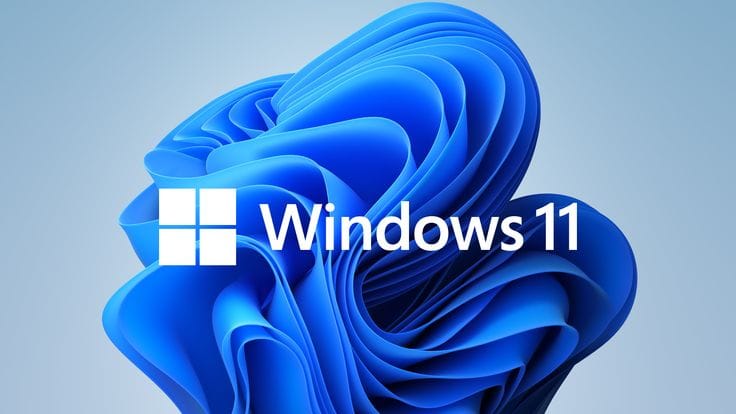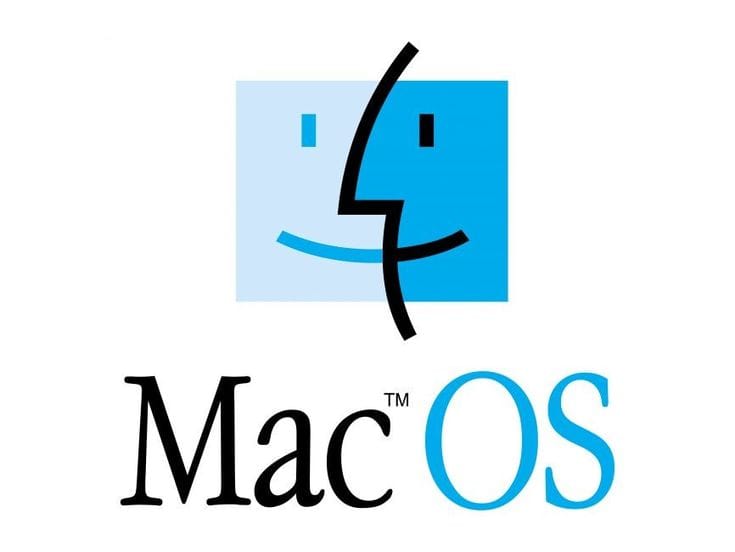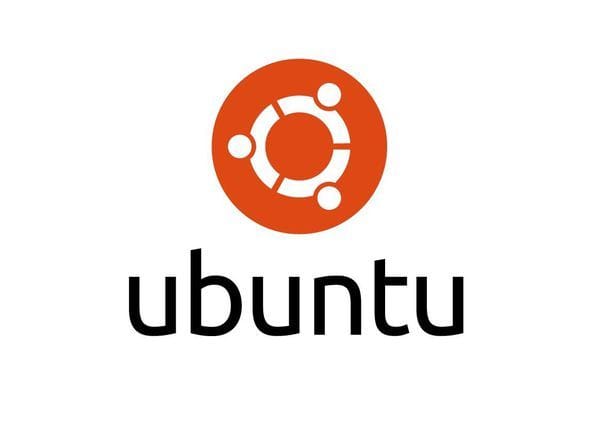Best Operating System for Software Developers: Windows vs macOS vs Linux
Windows, macOS, and Linux each have strengths and trade-offs for software development. Windows offers broad compatibility, macOS excels in security and creative workflows, and Linux is ideal for customization and performance. Choose based on budget, tools, and long-term needs to maximize efficiency.

Selecting the right Operating System (OS) as a software developer is crucial, as it impacts workflow, compatibility, performance, and flexibility. The three major choices: Windows, macOS, and Linux, each offer distinct advantages and drawbacks, particularly in their integration with development tools like Git/GitHub, VS Code, Python, PyCharm, AI & ML frameworks, Docker, cybersecurity applications, automation tools, and software testing environments.
This article provides an in-depth comparison, explaining the trade-offs of each OS, and helping developers choose based on their budgets and needs.
Windows: Versatile and User-Friendly
Windows OS, developed by Microsoft, is one of the most popular operating systems in the world. It offers a user-friendly interface, broad software compatibility, and powerful features that cater to both casual users and professionals.
One of Windows' greatest strengths is its versatility. It supports a wide range of applications, from productivity tools to gaming, and is the preferred choice for enterprises due to its seamless integration with Microsoft Office and enterprise solutions. For developers, Windows provides robust support for .NET, Visual Studio, and Windows Subsystem for Linux (WSL), enabling easy access to Linux-based tools within a Windows environment.
Security is a concern, as Windows is more vulnerable to malware compared to macOS and Linux. However, regular updates and built-in features like Windows Defender enhance protection. Its hardware compatibility is another advantage, as Windows runs on a vast selection of devices, from budget laptops to high-end workstations.
Windows excels in ease of use, flexibility, and widespread adoption, making it a strong choice for users who need a reliable and adaptable OS. Whether for software development, gaming, or enterprise work, Windows remains a leading operating system across industries.
Pros:
- Wide software compatibility: Supports most development tools, IDEs, and frameworks.
- Native Windows-based development: Crucial for .NET, ASP.NET, and Windows application development.
- Gaming & DirectX support: Ideal for developers working on game development.
- Microsoft ecosystem integration: Strong support for PowerShell, Visual Studio, and Windows Subsystem for Linux (WSL), making it easier to run Linux-based tools.
Cons:
- Limited Unix-like environment: While WSL bridges the gap, native Unix-like development is more cumbersome than on macOS or Linux.
- Less stable for high-end server applications: Windows Server exists, but most production environments rely on Linux.
- Security concerns: Susceptible to malware, requiring frequent updates and antivirus protection.
Integration with Development Tools:
- Git/GitHub: Seamless integration, but less intuitive than Linux/macOS.
- VS Code: Optimized for Windows, runs smoothly.
- Python & PyCharm: No issues with installation, but Linux/macOS offer better command-line integration.
- AI & ML: Tools like TensorFlow and PyTorch are supported but require additional configuration.
- Docker: WSL 2 improves Docker support but still not as native as Linux.
- Cybersecurity: Windows is widely targeted, making security research and testing more relevant.
- Automation & Software Testing: Works well with Selenium, Appium, and Windows-based automation tools.
Budget Considerations:
- Affordable options: Windows-based laptops start at lower price points, as low as ₹25,000 INR.
- High-end: Workstations like Dell XPS and Razer laptops offer powerful specs, ranging ₹2,00,000+ INR.

macOS: The Balanced Choice for Professionals
macOS, developed by Apple, is known for its sleek design, stability, and seamless integration within the Apple ecosystem. Built on a Unix based foundation, macOS offers a powerful development environment while maintaining an intuitive user experience. It is widely preferred by creative professionals and software developers, particularly those working on iOS and macOS applications.
One of macOS’s biggest advantages is its security, as it is less susceptible to malware compared to Windows. The OS provides built-in features like Gatekeeper and robust system encryption, ensuring a safer computing experience. Developers benefit from native support for tools like Xcode, Docker, Git, and Python, while macOS's optimized hardware enhances performance for machine learning, automation, and software testing.
Despite its strengths, macOS has limitations, including restricted hardware customization and higher costs. MacBooks, while premium and efficient, are expensive compared to Windows or Linux machines. Additionally, proprietary software limitations and limited gaming support make macOS less suitable for certain users.
Overall, macOS is the perfect choice for developers, designers, and professionals looking for a refined, secure, and reliable system. Its well-balanced ecosystem and optimization make it a strong contender in software development and creative industries.
Pros:
- Unix-based system: Offers a smooth development experience similar to Linux.
- Optimized for creative industries: Ideal for app development (Swift), design, and multimedia work.
- Excellent security: Less prone to malware compared to Windows.
- Seamless Apple ecosystem: Useful for developers creating apps for iOS/macOS.
Cons:
- Expensive: MacBooks are costly, limiting budget-conscious developers.
- Limited hardware customization: Unlike Windows/Linux machines, Macs cannot be easily upgraded.
- Restricted gaming support: Not ideal for game developers.
Integration with Development Tools:
- Git/GitHub: Works efficiently via the terminal.
- VS Code: Runs smoothly.
- Python & PyCharm: Native support with efficient dependency management.
- AI & ML: Works well with TensorFlow, PyTorch, and Apple’s ML tools.
- Docker: Fully supported.
- Cybersecurity: macOS is secure, but ethical hacking tools are more common on Linux.
- Automation & Software Testing: Best choice for iOS/macOS app testing.
Budget Considerations:
- Entry-level: MacBook Air is suitable for basic development but starts at ₹1,00,000 INR.
- Professional: MacBook Pro offers superior performance at a premium upwards of ₹1,70,000 INR.

Linux: The Developer’s Powerhouse
Linux is an open-source operating system renowned for its flexibility, security, and efficiency. Unlike Windows and macOS, Linux is freely available and offers numerous distributions (distros) tailored for different user needs, such as Ubuntu, Fedora, and Debian. Its Unix-like architecture makes it a preferred choice for software development, server management, and cybersecurity applications.
One of Linux’s biggest strengths is its stability and performance. It provides native support for programming languages like Python, C++, and Java, along with seamless integration of essential development tools such as Git, Docker, and Kubernetes. Linux is the preferred OS for AI & ML research, automation, and software testing due to its command-line efficiency and lightweight architecture. Additionally, its robust security features make it ideal for ethical hacking and cybersecurity professionals.
Despite its advantages, Linux has a steep learning curve, making it less beginner-friendly. Many proprietary applications, like Adobe Creative Suite and some gaming platforms, lack native Linux support, requiring workarounds. Hardware compatibility can also be a challenge, depending on the distribution.
Overall, Linux is the best choice for developers seeking a powerful, customizable, and efficient system. It excels in professional environments, server-side development, and security-focused applications while remaining cost-effective.
Pros:
- Best performance for programming and servers: Highly efficient and lightweight.
- Open-source and free: Ideal for developers seeking customization.
- Security and reliability: Preferred for cybersecurity and ethical hacking.
- Native support for development: Python, Docker, Git, and AI tools run natively.
Cons:
- Steep learning curve: Not beginner-friendly.
- Limited proprietary software support: Some software (Adobe products, certain IDEs) require workarounds.
- Compatibility issues: Certain drivers and applications don’t work out-of-the-box.
Integration with Development Tools:
- Git/GitHub: Best experience via command line.
- VS Code: Fully compatible.
- Python & PyCharm: Runs natively and efficiently.
- AI & ML: Optimized for research-based computing.
- Docker: The most seamless experience.
- Cybersecurity: Essential for penetration testing and ethical hacking.
- Automation & Software Testing: Works best with Selenium and Bash scripting.
Budget Considerations:
- Ultra-budget: Linux runs on old hardware.
- Mid-range: Lenovo ThinkPads support Linux very well and is most commonly used hardware costing roughly ₹60,000 INR for decent specifications.
- High-end: Custom-built workstations cater to professionals and there is no ceiling for the price.

Conclusion
Each operating system, Windows, macOS, and Linux offer unique advantages and trade-offs tailored to different development needs, budgets, and technical expertise.
- Windows is a great all-rounder, offering extensive compatibility, ease of use, and strong integration with Microsoft tools. It is ideal for enterprise software, game development, and automation tools, but lacks the native Unix-like environment that many developers prefer.
- macOS strikes a balance between usability and performance, making it the go-to choice for creative professionals and developers working on iOS/macOS applications. While secure and well-optimized, its higher cost and limited hardware customization may deter budget-conscious users.
- Linux is unmatched in flexibility, stability, and security, making it the preferred choice for server-side development, cybersecurity, AI/ML, and automation. However, its steeper learning curve and limited support for proprietary applications can pose challenges for beginners.
Ultimately, budget and workflow requirements should determine your choice:
- For affordable and broad compatibility → Windows
- For professional creatives and secure environments → macOS
- For high-performance, customizable workflows and security → Linux
By assessing your development needs, tools, and long-term goals, you can select an OS that enhances productivity and efficiency in your software development journey.


